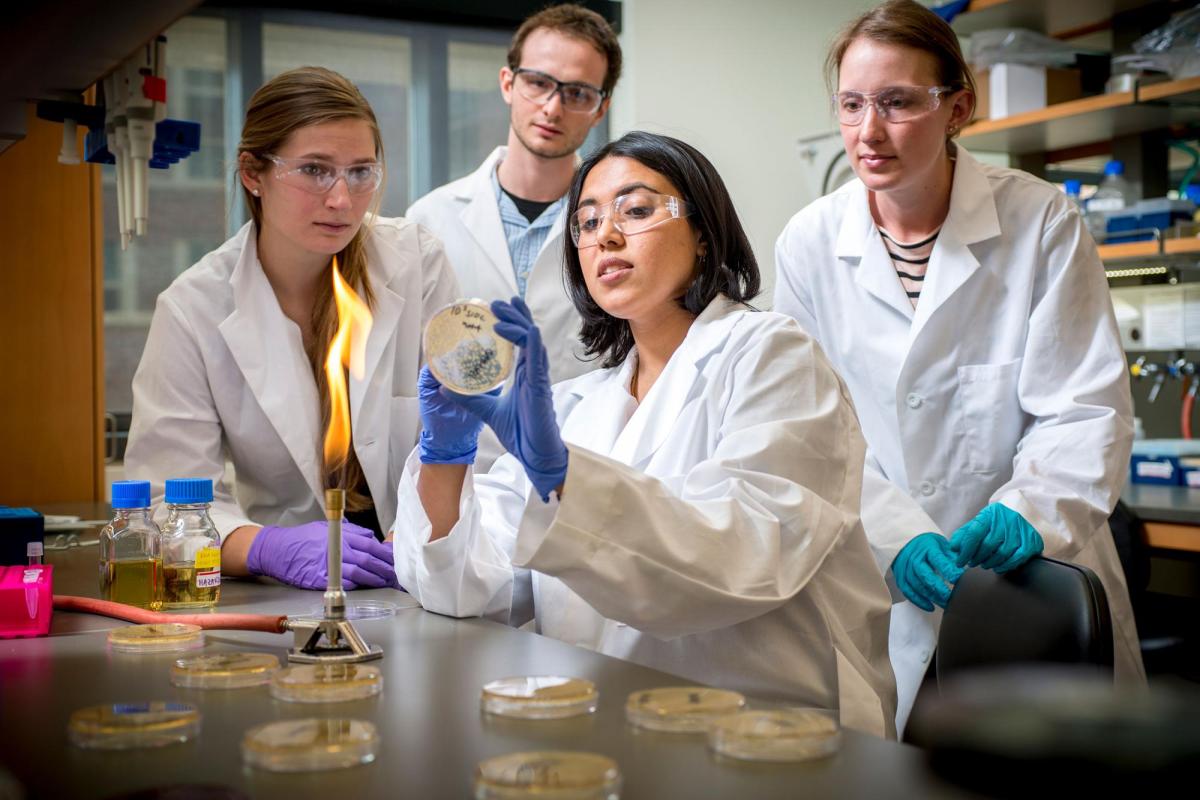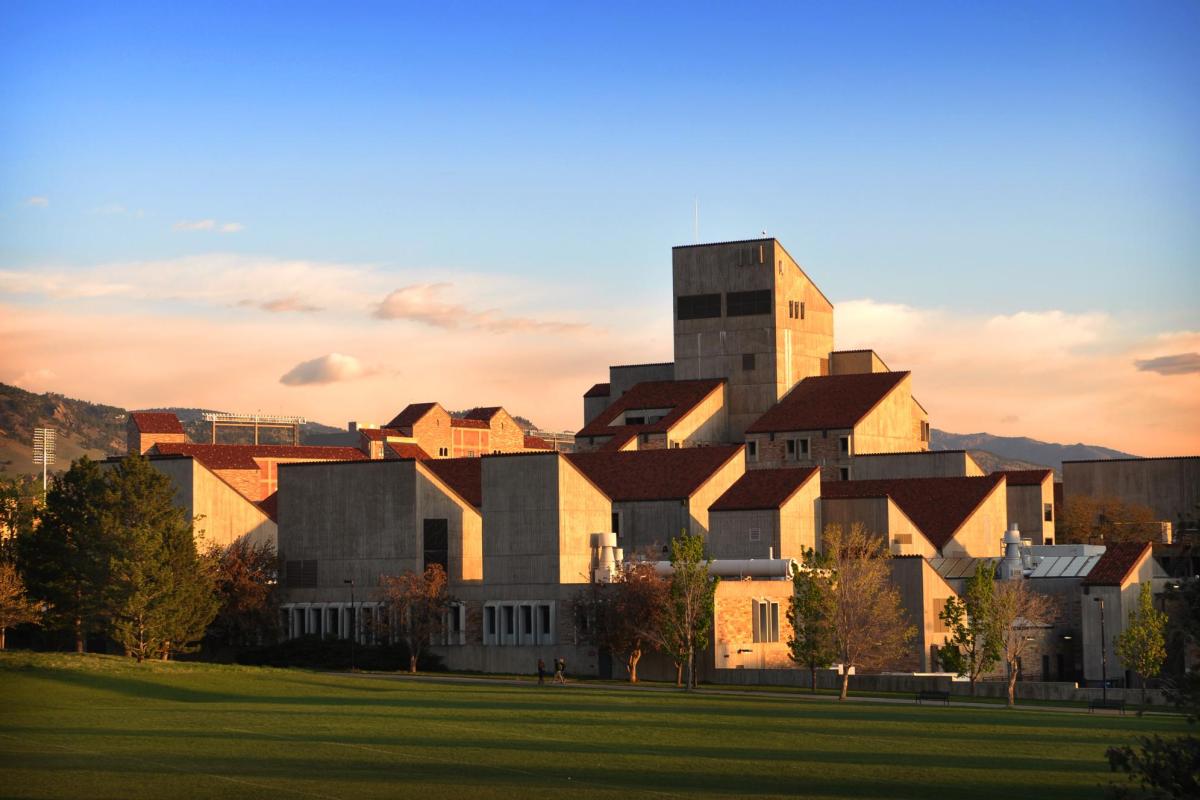Minor in Biological Engineering
Top Green College
(Princeton Review, 2025)
No. 46 among public universities in the country
(U.S. News & World Report, 2026)
5 Nobel Laureates
Since 1989
Over 50% of undergraduate students in the Department of Chemical and Biological Engineering conduct laboratory research.
The Department of Chemical and Biological Engineering is the No. 11 best public chemical engineering undergraduate program in the country.
(U.S. News and World Report, 2025)
Learn from world-class faculty leveraging award-winning education practices.
Academic Plan & Requirements
The minor in biological engineering is open to any engineering major at CU Boulder. The program requires a minimum of 18 credit hours, nine of which must be taken on the CU Boulder campus. At least six credits must be at the upper-division level.



